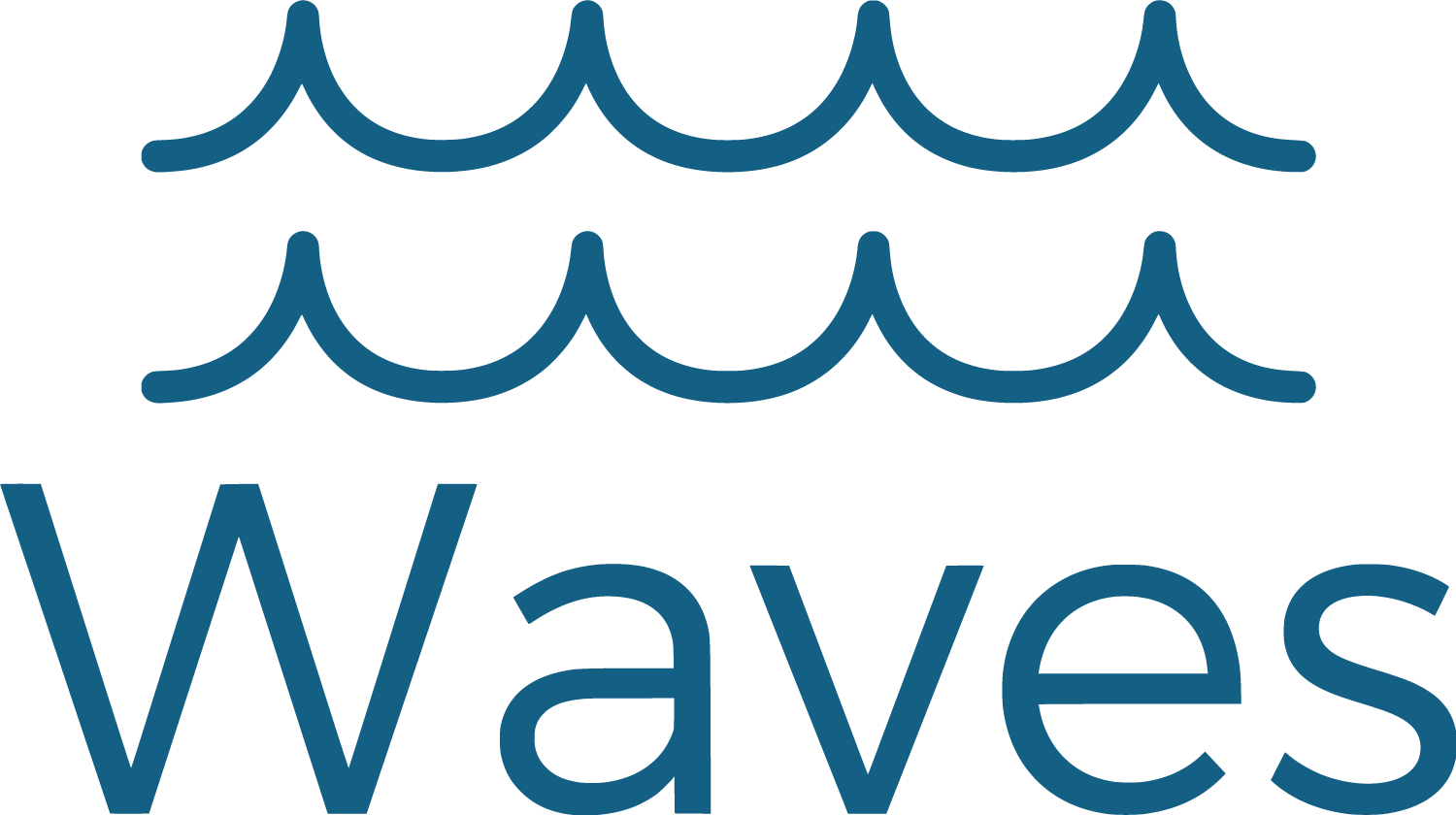Cultural Competency: Doctor Abi's 5 Musts in Being a Lesbian-friendly Therapist
/Rainbow heart image has been licensed for use by Dr. Abi Weissman. The right to use this Image was purchased at canva.com.
Here are some of my thoughts about how to work towards being a lesbian-friendly therapist.
A lesbian-friendly therapist must:
1. Know about the multifaceted and diverse landscape of lesbian gender identities and gender presentations. It helps if you know a bit about the political context for these identities. Reading books, like the ones listed below, can help better understand different lesbian gender identities. Your client might identify as cisgender (not transgender), intersex, or transgender. They can identify as male, female, genderqueer, agender, no gender, and still identify as a lesbian. There are a LOT of different gender identities and gender presentations of lesbians and these gender identities and gender presentations differ by race, ethnicity, religion, nationality or location, age, dis/ability, and other cultural identities. Some terms to look into include, femme, butch, boi, dyke, bulldyke, bulldagger, stud, androgynous. Please keep in mind that one term could have many different meanings depending on the context or speaker.
Example: Some people define a femme lesbian as a lesbian who queers femininity. Other people might define femme lesbians as those who date butch lesbians. One resource for learning about femme lesbian gender identity is my Human Sexuality Master of Arts thesis. Click here to read about a presentation I did about my thesis at the National Women's Studies Association's Conference.
Here are some of books on femme lesbian gender identity that I used in my thesis research:
2. Please do not assume that all clients identify as heterosexual. Please ask clients about their sexual orientations or wonder aloud, if a client's sweetie (or sweeties) is (or are) male, female, and / or otherwise identified. It's hard enough to be vulnerable and share one's tender spots with a therapist without them assuming you are heterosexual. Please allow clients ample opportunity to share their sexual orientation(s) while not pressuring them to identify in a certain way.
Ask: What is your sexual orientation?
Listen: Clients might list more than one sexual orientation. This is totally fine. However clients identify is acceptable / totally fine / a-ok.
3. Please respect each client's use of terms to identify her/his/hir/their own sexual orientations. It pains me when another clinician flinches when I utilize the term, "queer". Not every client will embrace every term. Some clients might refer to themselves as "dykes" or "queers" while others think of themselves as "gay women" or "gay" or something else entirely.
Activity: Practice saying and hearing these terms so that when a client calls themselves a "dyke" or "queer" you do not flinch. Do not negate the client's experience by refusing to use the term they use or berate them for using the term to describe themselves.
4. Please do not assume that if a client identifies as a lesbian, that she only participates in certain sexual behaviors. Like other people, lesbians can have sex in many different ways. While I encourage you to not make assumptions about one's sexual behaviors, I also implore you to not focus on how your lesbian-identified client has sex. It can be tiring explaining to people, yes, therapists too, how lesbians can have sex. Really tiring, really fast.
5. Please do not assume that gay male - friendly places cater to lesbians or that if a place has an L in its name (like an LGBT center), that the place is lesbian-friendly. Instead, please do some research. Ask questions about the events they host. Which lesbians attend these events? What's the average age range? Race and ethnicity of the participants? Are people of transgender experience welcome at these lesbian - events? Once you've done your research, you'll have that nuanced knowledge about how to find clients truly supportive services.
IT'S WORTH IT!
There aren't nearly enough lesbian-friendly therapists out there and you being open to learning about lesbian identity is very much needed and appreciated by many lesbians (myself included).
- - -
This blog post can be the beginning of better serving your lesbian clients. Perhaps, you want to deepen your skill set. The next step might be getting consultation with me.
I offer consultation to clinicians about particular cases and enriching knowledge about working with lesbian - identified clients in general.
Learn more about my consultation services by clicking here. I greatly enjoy helping clinicians become more lesbian - affirming practitioners. Please contact me, Dr. Abigail "Abi" Weissman, licensed psychologist (PSY 27497) at info@doctorabi.com to enhance your work with your lesbian - identified clients.
If you are located in Poway, CA or Hillcrest, San Diego, CA, and are looking for a therapist, I would be delighted to help support you. Learn more about my lesbian - affirming therapeutic services by clicking here.
As always, this blog post done not indicate a therapeutic relationship with Dr. Abi Weissman or Waves, A Psychological Corporation nor does this blog post take the place of individualized therapy with a licensed clinician.




